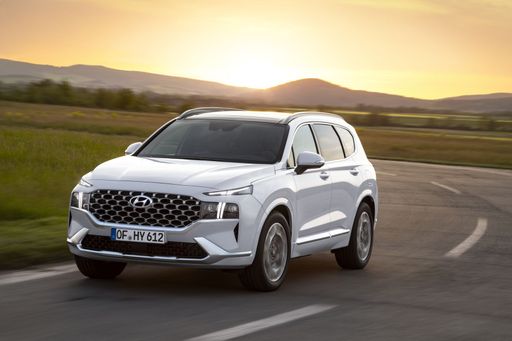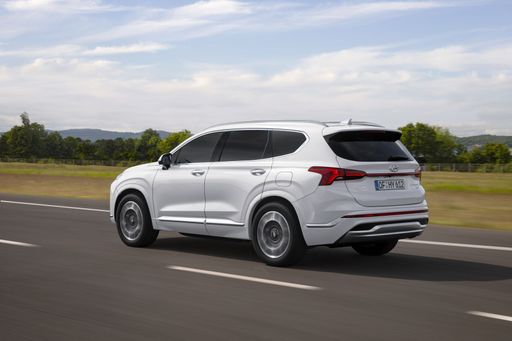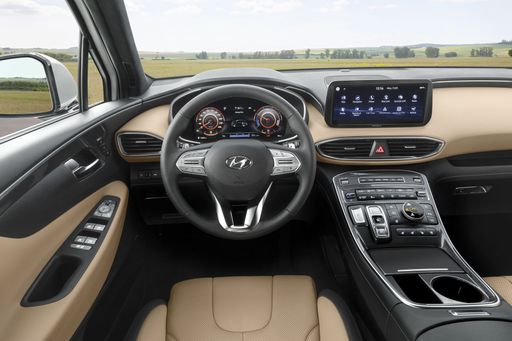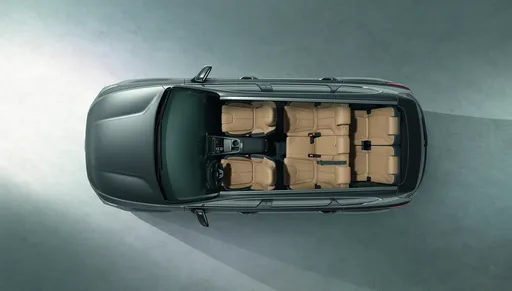Hyundai Santa Fe vs VW Tiguan: A Battle of the SUVs
The SUV market is bustling with innovations and diverse offerings, and two standout contenders are the Hyundai Santa Fe and the VW Tiguan. Each caters to different preferences and needs, making them worthwhile options for those in the market for a versatile SUV. This matchup explores their technical features, innovations, and what makes each unique in the growing SUV landscape.











